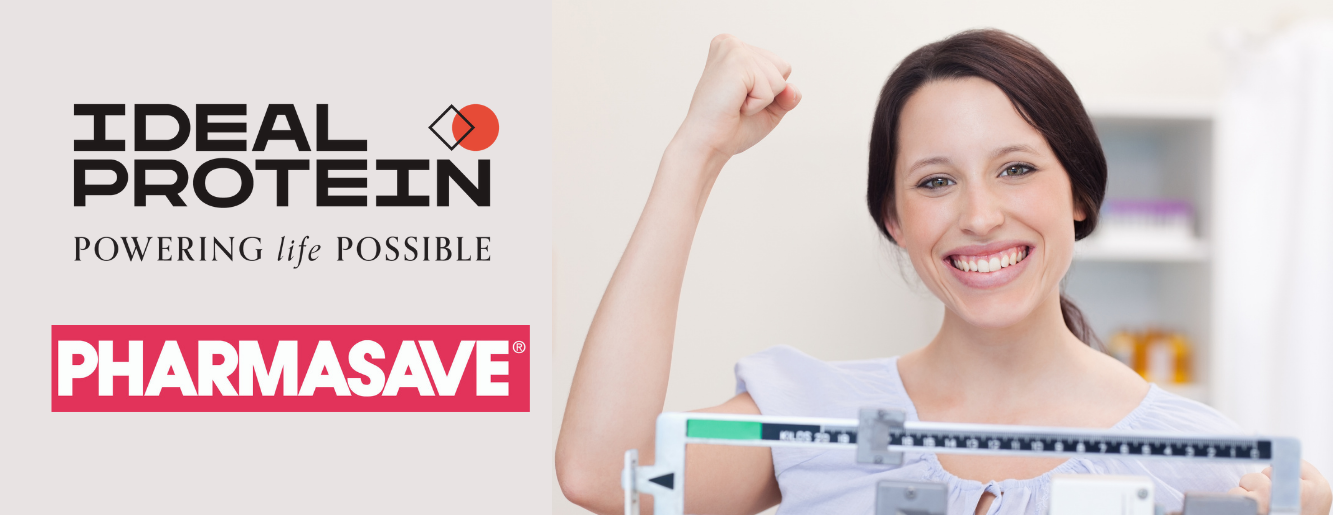With Winter in full swing and with the recent Health Canada approval of higher strength Vitamin D supplements (2500IU), I often get asked how much to take. 75 to 96% of Canadians do not get enough Vitamin D from food sources. Even with supplementation, 54-84% of Canadians still had inadequate Vitamin D intake.
We can make Vitamin D from UVB sunlight exposure on our skin, but it varies considerably depending on skin tone, time of exposure, area of skin exposure, sunscreen use, etc. Darker-skinned people may need 30 minutes to 3 hours more exposure than lighter-skinned people to produce the same amount of the “sunshine vitamin”.
Sunscreens of SPF of 30 or more has been shown to block Vitamin D production by as much as 95%. Also, you will not get any benefit from the sun’s UVB rays through windows so if you work or spend lots of time next to sunny windows, you are still prone to vitamin D deficiencies.
Health Canada recommends anyone over the age of 50 should be supplementing with at least 400IU of Vitamin D (upper tolerable limit of 4000IU). People under the age of 50 can either supplement with 400IU of Vitamin D or get it from their diet (e.g. fatty fish and egg yolks). Some clinicians feel that the further you are away from the equator, the higher the needs (1000IU/day) for preventing deficiencies.
Some people may need even higher levels because of reduced fat absorption from inflammatory bowel disease like Crohn’s Disease/Ulcerative Colitis and liver disease. Vitamin D deficiencies are associated with immune-related conditions including autoimmune diseases and viral infections and are also linked with higher risks for osteoporosis, fractures, heart disease, and cancer. Research showed that people with the highest levels of Vitamin D had a 50% lower risk of colorectal cancer then people with the lowest levels of Vitamin D. Osteoporosis Canada recommends patients with osteoporosis or with risk factors for fractures take 800-2000IU/day.
The definitive way to know how much Vitamin D to take is to test your levels. Vitamin D levels are at their lowest in the winter so this may be the best time to test. Vitamin D testing is only covered by MSP when ordered by a specialist and in patients at high risk for Vitamin D deficiency.
Fortunately, a relatively inexpensive finger prick rapid test (MediSure) is available at Cloverdale Pharmasave for under $20. If you start supplementing or change your dose, then allow 3 months before retesting. Talk to our pharmacists about the various Vitamin D options which could include Vitamin K to possibly prevent calcification of arteries. A Vitamin D Test and a bottle of Vitamin D could be a unique Christmas stocking stuffer or gift.
Lyle Sunada is a compounding pharmacist and NAMS Certified Menopause Practitioner specializing in hormone balancing and alternative medicine at Cloverdale Pharmasave. Everything mentioned in the article is available In-Store.
Articles, Q&A, blog posts and all materials submitted for publishing is the intellectual property of Cloverdale Pharmacy Ltd – reproduction in part or whole, in print or online, without written consent and permission is prohibited.





